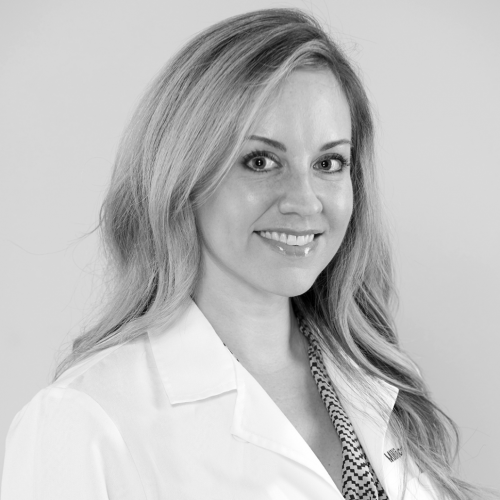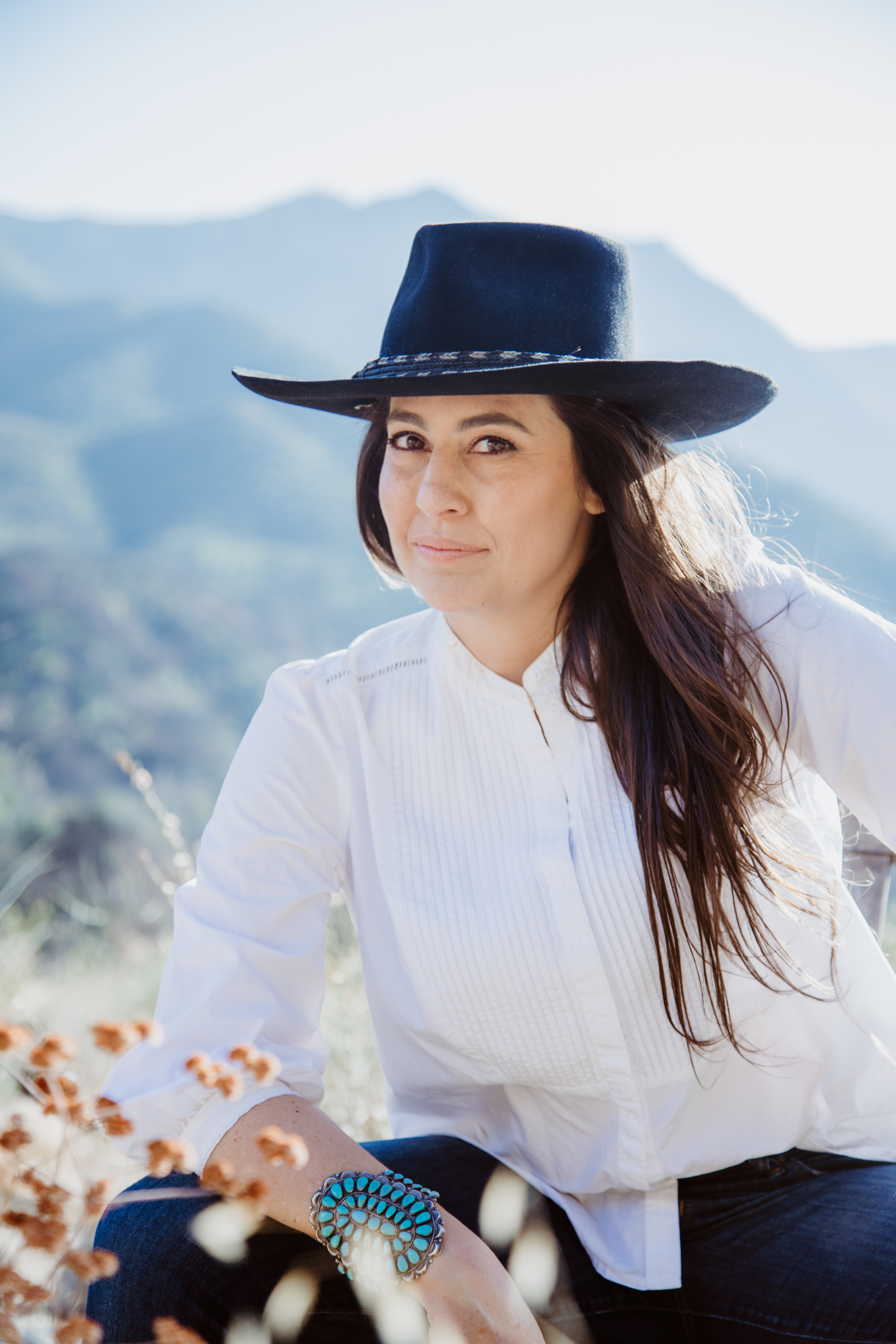You are never really “off call.” Emergencies and complications can arise at any time, and you don’t stop worrying about your patients, just because you are officially off the clock
I had the pleasure to interview Dr. Millicent Rovelo. Dr. Rovelo is a highly trained Plastic Surgeon specializing in all forms of aesthetic and reconstructive surgery. Dr. Rovelo’s own journey began with an undergraduate degree from the University of California Los Angeles. Dr. Rovelo graduated from UCLA’s rigorous pre-medical program with a degree in Physiologic Science. From there, Dr. Rovelo went on to pursue her medical degree at the Keck School of Medicine at the University of Southern California (USC). From the very beginning, Dr. Rovelo knew that she was interested in a surgical career. As such, Dr. Rovelo elected to complete a five-year General Surgery residency at Louisiana State University in New Orleans. After completion of her residency, she became board certified in General Surgery by the American Board of Surgery. In her free time, Dr. Rovelo enjoys spending time with her son and with her friends. She loves her home of Los Angeles and loves finding new areas to appreciate and explore. Hiking the canyons, practicing yoga, and finding independent boutiques (and ice cream shops!) are some of her favorite activities.
· Thank you so much for joining us! Can you share a story about what brought you to this specific career path?
Starting medical school, I thought that I was going to be a trauma surgeon. Plastic Surgery was not even on my radar. Towards the end of my first year of medical school, however, I had the opportunity to witness a complex craniofacial surgery at Children’s Hospital Los Angeles. The surgery was being performed to change the shape of the child’s head, in order to prevent complications of brain growth and to change the aberrant skull shape. This experience opened up my eyes to the specialty of Plastic and Reconstructive Surgery. It made me realize the impact that this specialty can have on patients both immediately and for future years to come. And although I did not end up pursuing Craniofacial surgery as a subspecialty, this experience exposed me to Plastic Surgery and changed my future career plans.
· How have your personal challenges informed your career path?
I cannot say that my personal challenges have informed my career path. I have had challenges in my life, as everyone has, but I have never let these challenges distract me from my ultimate career goals. That being said, I do believe that my varying life challenges have helped to make me a more empathetic and understanding doctor. I am better able to put myself in a patient’s position, which makes caring for them a more rewarding and personal experience.
· Social media and reality TV create a venue for people to share their personal stories. Do you think more transparency about your personal story can help or harm your field of work? Can you explain?
I think that social media in medicine is a very fine line. Personal transparency allows for humanization of a doctor. This is very helpful in allowing patients and families to relate to physicians, and to feel like they are with somebody that they can trust. Conversely, I think it is important to keep a doctor’s work and personal life somewhat separate. Doctors and surgeons have the responsibility of people’s lives in their hands, and the focus really needs to be on patient care and safety. Too much knowledge and emphasis on a doctor’s personal life can be distracting to both the physician and the patient.

· Can you please give us your favorite “Life Lesson Quote”? Do you have a story about how that was relevant to your life?
It’s not a quote, per se, but I do believe strongly in “No whining, no complaining.” It’s counterproductive to just about everything and does not make anybody feel any better. Have respect for yourself and those around you, work hard, do a good job — that’s it.
· If you could inspire a movement that would bring the most amount of good to the most amount of people, what would that be?
I wish we could find a way to combat childhood obesity. With a few exceptions, children have very high metabolisms, and they should not be obese. Obese children become obese adults and that is a huge medical problem. Patients don’t always want to hear it, but all of our medical literature shows that obesity is a major contributor to poor medical outcomes. It contributes significantly to the development of multiple medical problems and the rising costs of healthcare. It is also a major risk factor for complications after medical procedures and surgeries.
There are many factors that contribute to obesity, both in children and adults, but a major one is the quality of food that we eat. We eat so much more processed and chemically altered food than we did decades ago, and I believe this is a significant contributor to our current obesity epidemic. Healthier, cleaner alternatives need to be more readily available and people need to be better educated about healthy food choices.
· Can you share your “5 Things I Wish Someone Told Me Before I Became a Doctor”
– Student loans will take a lifetime to pay off
– You will never have a decade of your life called “your twenties” that is full of carefree fun and a celebration of youth. Your twenties will be spent in medical school and residency and fellowship and can never be reclaimed
– You are never really “off call.” Emergencies and complications can arise at any time, and you don’t stop worrying about your patients, just because you are officially off the clock
– The practice of medicine is constantly advancing and evolving and requires a lifelong commitment to learning
– The amount of trust a patient places in their surgeon is enormous and the responsibility is immense
· How can our readers follow you on social media?
I have both Facebook (Rovelo Plastic Surgery) and Instagram acounts (@roveloplasticsurgery).

